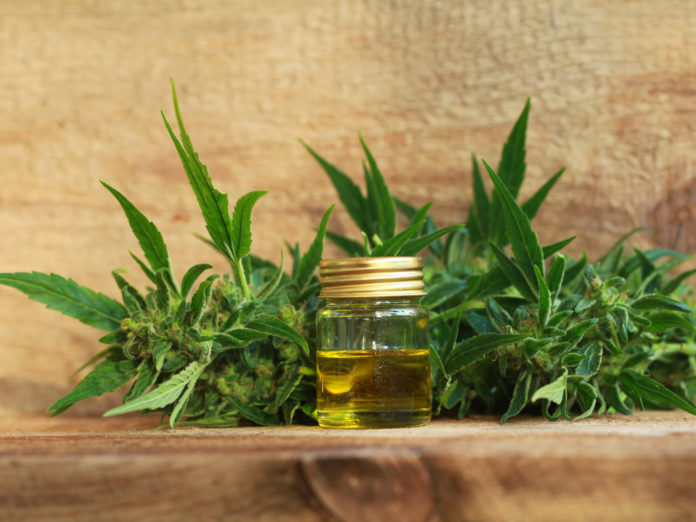WASHINGTON, D.C. – By legalizing industrial hemp as part of the Agriculture Improvement Act of 2018 on Thursday, Congress and the president gave the cannabis industry a long-awaited first step on the path toward federal legalization. According to the act, “The term ‘hemp’ means the plant Cannabis sativa L. and any part of that plant, including the seeds thereof and all derivatives, extracts, cannabinoids, isomers, acids, salts, and salts of isomers, whether growing or not, with a delta-9 tetrahydrocannabinol concentration of not more than 0.3 percent on a dry weight basis.”
While the law is a step in the right direction, it may be a bit too early for producers, sellers, and users of CBD products to celebrate.
For one thing, the law does not entirely unshackle hemp producers. States, American Indian tribes, and U.S. territories must present plans for regulation and enforcement to the U.S. Department of Agriculture, which will promulgate its own set of rules, before widespread cultivation may begin. The plans must include record-keeping, THC-level testing in both plants and products, procedures for disposal of confiscated plants and products, and annual inspections of producers.
So, essentially, industrial hemp will be subject to the same sorts of procedures most cannabis-legal states already mandate for the medical and recreational cannabis industry. It’s also worth noting the law does not prevent states from outlawing hemp production within their borders.
Second, while the law removed CBD from the federal Controlled Substances Act, it did not legalize CBD-infused products. Those fall under the auspices of the federal Food, Drug, and Cosmetic Act. The FD&C Act gives authority for regulating food, pharmaceuticals, dietary supplements, over-the-counter medications, and cosmetics to the U.S. Food and Drug Administration.
According to the Agriculture Improvement Act, also known as the Farm Bill, “Nothing in this subtitle shall affect or modify the Federal Food, Drug, and Cosmetic Act, section 351 of the Public Health Service Act, the authority of the Commissioner of Food and Drugs, and the Secretary of Health and Human Services under the Federal Food, Drug, and Cosmetic Act or section 351 of the Public Health Service Act to promulgate federal regulations and guidelines that relate to the production of hemp…”
(Section 351 of the Public Health Service Act regulates biological products applicable to the treatment, prevention, or cure of diseases and conditions in human beings.)
On Thursday, FDA Commissioner Scott Gottlieb reminded manufacturers and consumers his agency prohibits the incorporation of CBD into foods, beverages, and dietary supplements for humans or animals.
“It’s unlawful under the FD&C Act to introduce food containing added CBD or THC into interstate commerce or to market CBD or THC products as, or in, dietary supplements, regardless of whether the substances are hemp-derived,” he said.
He also said his agency is particularly concerned about health and wellness claims used to market some CBD products.
“Cannabis and cannabis-derived products claiming in their marketing and promotional materials that they’re intended for use in the diagnosis, cure, mitigation, treatment, or prevention of diseases are considered new drugs or new animal drugs and must go through the FDA drug approval process for human or animal use before they are marketed in the U.S.,” he said. “We’ll take enforcement action needed to protect public health against companies illegally selling cannabis and cannabis-derived products that can put consumers at risk and are being marketed in violation of the FDA’s authorities.”












